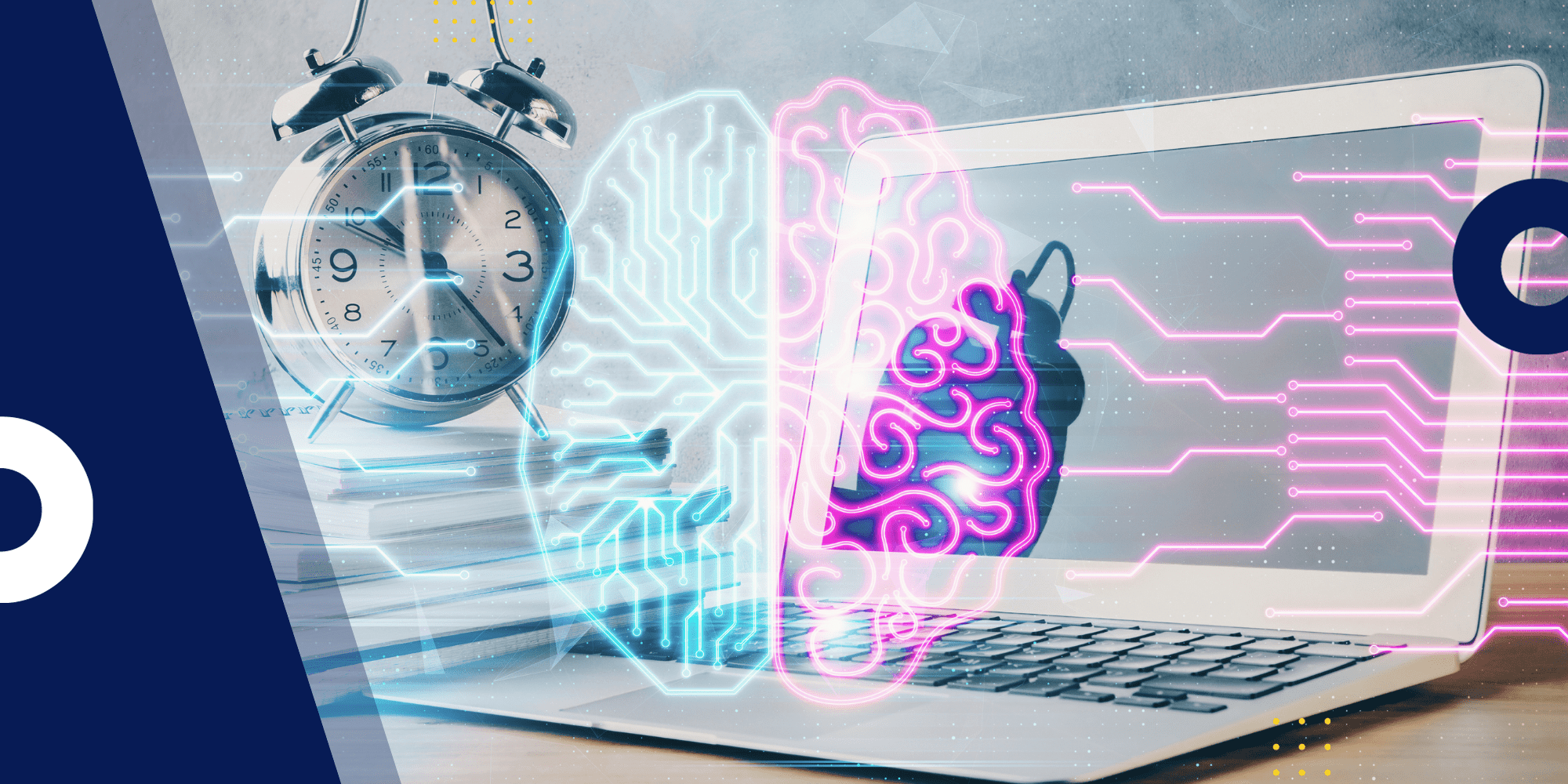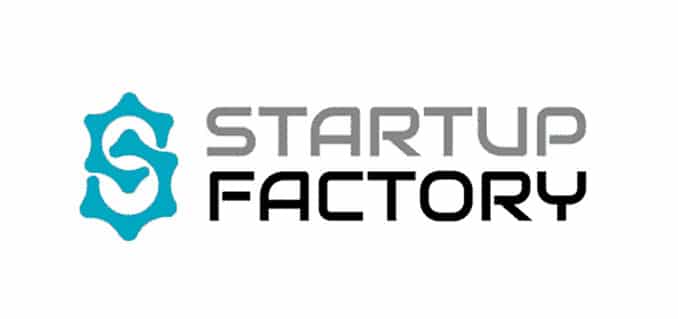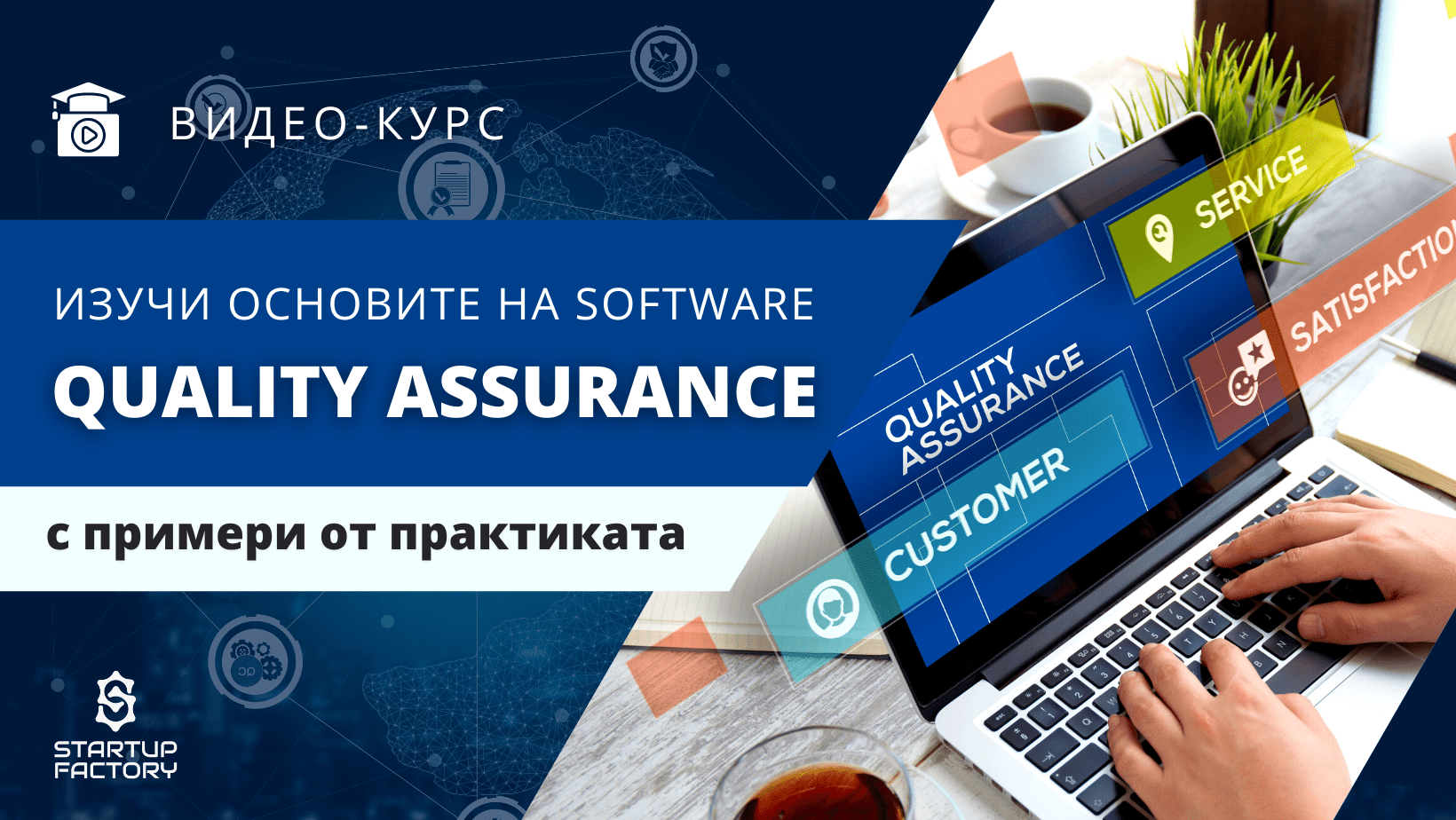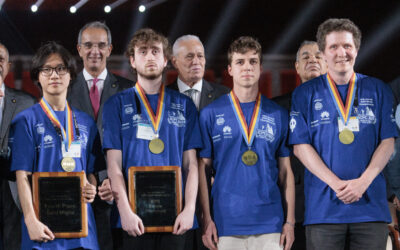The biggest challenge today is trying to predict future professions and how technological and social changes might change how we work in the next 10 to 20 years.
What are the occupations in which HR professionals are and will continue to be in short supply?
To which fields of activity should you direct your career development right now?
Are there any opportunities for entrepreneurial initiatives in the areas presented?
Can we predict the job market for the next ten years?
And is a short period to expect professional changes to occur?
The period is even quite stretched as the techno revolution unfolds and fundamentally changes our lives daily.
It is no coincidence that some professions overlap (in different directions), which helps to identify the more robust directions, i.e., those where there will be both a high demand and a shortage of specialists.
When we talk about the future, questions are never few, and although it is difficult to predict it even with 1% accuracy, in this material (and the next 2), you will find a small part of the future career opportunities selected from various Internet sources.

1. Technological occupations
Undoubtedly, the continued development of the IT sector and the boom in technological innovation will create many jobs in areas such as software development, digital marketing, data security, and more.
Educating yourself and following technological trends is essential if you wish to develop in this field.
Occupations related to data and analytics will be critical.
All technology occupations, even now, play a crucial role and will likely continue to have the same significant impact in the future.
This area is highly diverse and offers many development opportunities.
Here are some of the most promising, in our opinion, technology professions:
💡 Software Engineer/Programmer: Software engineers and programmers create software applications, websites, mobile applications, and other technology solutions. It is one of the most famous and essential professions in the technological world.
💡Data Analyst: Process, analyze, and extract valuable information from large volumes of data. They play an essential role in decision-making in business and other fields.
💡Machine Learning and Artificial Intelligence Engineers: These professionals work with AI and machine learning, creating algorithms and models that enable machines to learn and make decisions.
💡Cyber Security Expert: With the growth of the Internet and digital technologies, developing secure systems and measures to protect against cyber attacks will be necessary. Cybersecurity experts will become increasingly important.
💡Virtualization and Cloud Engineers: These professionals create virtual environments and cloud services that provide flexibility and efficiency in resource management. And they pave the way for technologies like virtual and augmented reality.
💡Internet of Things (IoT) Professionals: IoT professionals work with devices connected to the Internet and can exchange information. This includes smart home devices, industrial sensors, and more.
💡Virtual and Augmented Reality (VR/AR) Developers: These professionals use virtual and augmented reality technologies to create interactive and immersive experiences.
💡Robotic Engineers: Create and program robots and autonomous systems that can perform various tasks.
💡Cyber-physical systems specialists work with systems combining computational and physical processes, such as automated factories and autonomous vehicles.
💡Blockchain Developers: Blockchain technology has applications in the financial sector, real estate, healthcare, etc. Blockchain developers work on creating and maintaining blockchain systems.
Blockchain offers the new infrastructure and means for a more transparent, efficient and accountable public administration.
Decentralized technologies will enable the creation of solutions that promote citizen participation and digital sovereignty. Everything on the subject, read here.
2. Automation and artificial intelligence
To a large extent, it repeats the trend of the “parent” technological direction.
As difficult as the future is to predict, the development of AI and robotics will continue to change many professions.
Routine and repetitive tasks will be able to be automated, which will respectively lead to the reorganization of these professions.
In other words, people will have the opportunity to focus on more creative and strategic aspects of their work.
As tricky as the future is to predict, the development of AI and robotics will continue to change many professions.
AI and automation are spreading across industries, including healthcare, finance, manufacturing, commerce, and more.
These technologies will continue to evolve and significantly impact future professions and jobs.
Therefore, career opportunities in this direction will be guaranteed and more straightforward to predict.
But what occupations will such an alternative create?
💡 Software developers and machine learning engineers: Software developers specializing in machine learning and artificial intelligence are crucial to creating new AI-based products and services. They design algorithms, models, and applications that can derive intelligent decisions from data.
💡 Data Analysts: Data is the heart of AI. Analysts work with large volumes of data, extract knowledge from it, and create models to train and train AI systems.
💡 Robotics and Automation Engineers: These professionals combine their knowledge of mechatronics, software engineering, and robotics to create and maintain autonomous robots and automated systems.
💡 Natural Language Processing (NLP) Specialists: Speech recognition and natural language processing enable machines to understand and communicate with humans. NLP specialists currently work and create applications for text and voice communication, but this will be an even more sought-after specialization in the future.
💡 Ethical researchers and developers: Along with the growth of AI comes ethical questions related to data protection, impartiality, and more. Honest researchers and developers will work on these issues and create standards for the responsible use of technology.
💡 Cyber Security Professionals: As the use of AI and automation increases, so does the importance of cybersecurity. Cybersecurity professionals develop systems and measures to protect data and AI models from misuse and attack.
💡 AI and Automation Consultants: This career path involves working with various companies and organizations to help them implement AI and automation into their business models and processes. Perhaps their demand in the future will be as current among marketing experts.
Next: 7 Career Development Areas of the Future [Part 2]
UPGRADE YOUR DIGITAL AND BUSINESS SKILLS
CHECK OUT OUR ON-DEMAND COURSES AND FREE RESOURCES:
Ana Todorova worked on the article. She writes content on various topics such as decentralized technology, green and circular economy, emotional intelligence, leadership, and more.
Similar articles
Triumph for Bulgarian students at the International Collegiate Programming Contest (ICPC)
Bulgarian students at Oxford University, Viktor Kozhuharov and Radostin Chonev, along with their teammate Haris Lang from Hong Kong, won a historic gold medal at the prestigious International Collegiate Programming Contest (ICPC).
Emanuel Tonev: Words without actions are just words
Emanuel Tonev is among the active young people forming the Bulgarian marketing community. For our team, it is also a natural continuation of our collaboration with the entrepreneurial and proactive community of Varna.
Petya Boneva: AI is the perfect tool to elevate human creativity to new heights
Petya Boneva is the artistic soul of the Startup Factory team. Her delicacy, warmth, and professionalism made her our favorite teacher.

Startup Factory is a non-profit organization founded in March 2015 by a group of young entrepreneurs working in the IT sector. Startup Factory helps people develop their digital and business skills. Together, we build a supportive community. Check out our platform with on-demand video courses and valuable free resources.

![7 Professional Development Opportunities of the Future [Part 1]](https://startupfactory.bg/wp-content/uploads/2023/12/FutureWork_1.png)













